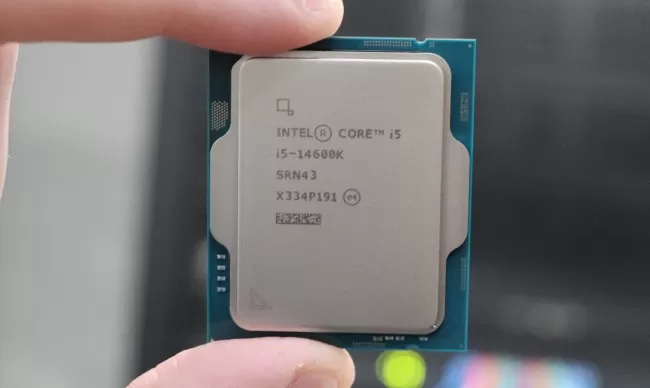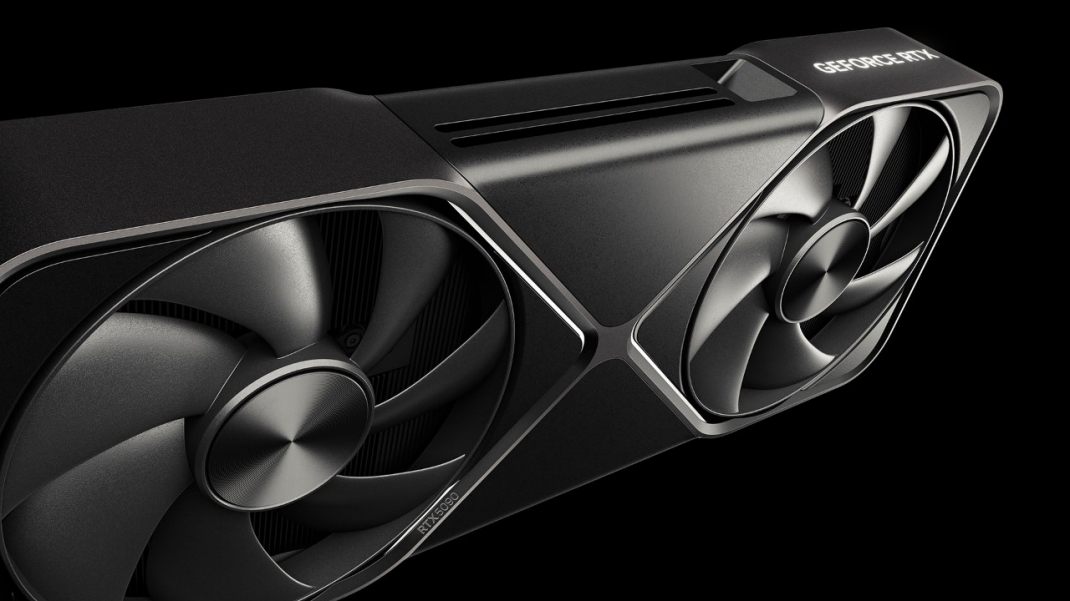- Intel’s upcoming patch will not fix CPUs already damaged by excessive voltage; instead, it recommends replacing affected CPUs.
- Intel is investigating instability problems with 13th and 14th-gen CPUs but continues to sell them without a clear explanation.
- Intel recommends updating the BIOS and following default settings as a precautionary measure.
When Intel said a patch to address the “root cause” of excessive voltage would be available in mid-August, it looked like the end of desktop CPU instability was near. But it doesn’t seem like that patch will help if your Intel Core 13th or 14th-generation processor is already crashing.
When asked, an Intel representative did not deny the fact that any processor degradation is irreversible. However, Intel expresses confidence that the patch will prevent the issue from arising in the first place.
Why it matters: This issue has become quite widespread, so many people must be suffering from damaged CPUs by now. Intel has left such PC users with no option.

In any case, it’s best to update the BIOS on your motherboard as soon as possible as an additional precaution. Moreover, rather than adjusting BIOS settings to resolve issues, it is advisable to replace your malfunctioning CPU if it has sustained damage.
Intel has acknowledged that other factors contribute to its 13th and 14th generation Core CPU crashes. Team Blue is actively investigating the matter, but Intel has not stopped selling these chips, nor has it explained why it is still selling them before any patches are available.
According to Intel, the increased voltage problem may impact 13th and 14th-generation Core processors with a base power of 65W or more, including K/KF and KS models and 65W non-K versions.
In the meantime, as a standard best practice, the company advises customers to keep their desktop CPUs’ BIOS up to date and follow Intel Default Settings. However, when questioned whether Intel had stopped selling or carried out channel inventory recalls until it verified the update. The answer was a resounding “NO.”
Thank you! Please share your positive feedback. 🔋
How could we improve this post? Please Help us. 😔
[News Reporter]
Malik Usman is student of Computer Science focused on using his knowledge to produce detailed and informative articles covering the latest findings from the tech industry. His expertise allows him to cover subjects like processors, graphics cards, and more. In addition to the latest hardware, Malik can be found writing about the gaming industry from time to time. He is fond of games like God of War, and his work has been mentioned on websites like Whatculture, VG247, IGN, and Eurogamer.




